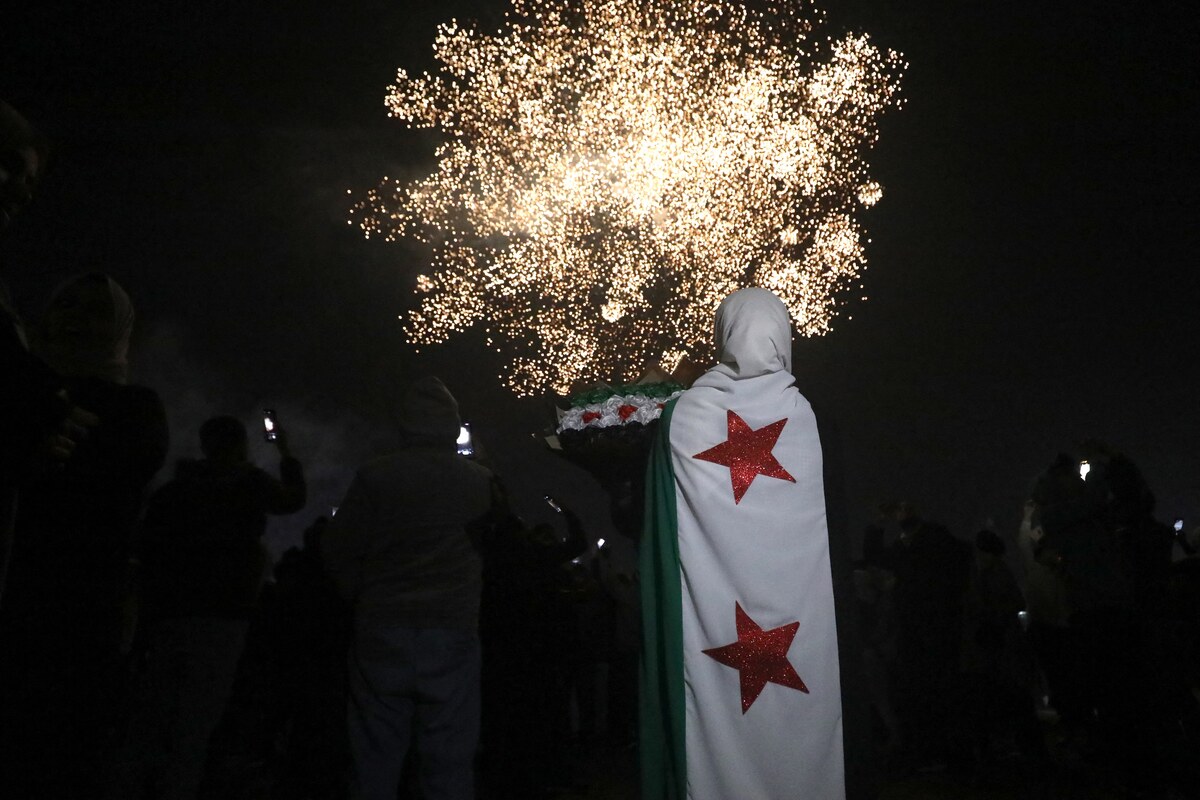RIYADH: Saudi ACWA Power has invested $7 billion in Africa to date, according to the electric power generation company’s CEO.
Speaking during a panel discussion titled “Powering Africa: What is the Future of Energy Investments” during the Future Investment Initiative New Africa Summit in Riyadh, Marco Arcelli said that all those investments revolve around renewables.
This falls in line with the firm’s position as the leading private investor in the continent’s renewable energy sector.
It also aligns with the company’s goal to triple its business size announced in 2023 and expand worldwide, driven by its mission to deliver affordable and reliable energy solutions that foster economic and social development.
“Our experience, ACWA Power is probably the largest energy transition company today, certainly a leading investor in Africa. We have invested more than $7 billion today, 100 percent of that is renewables,” Arcelli said.
“I’m not saying the gas is not part of the transition, in fact, it is because countries like the countries in Africa that are emerging, they need all the energy that they can,” the CEO added.
He went on to say that there is a lot to be done and that the cheapest, fastest, and most secure way to do that is through renewables.
“But certainly, when the economy is growing at the speed that is growing in Africa, you need a complement, so you need the gas and potentially other sources,” Arcelli said.
The world’s largest private water desalination company has also announced that its Redstone Concentrating Solar Power plant in South Africa has reached 50 MW and is set to achieve its full 100 MW capacity in the coming days.
The project will provide clean energy to nearly 200,000 households while significantly reducing carbon emissions.
Recent agreements with the Egyptian and Tunisian governments underscore ACWA Power’s commitment to advancing green hydrogen projects and expanding its impact in Africa.
Also speaking during the same panel, Kola Karim, group managing director and CEO of Shoreline Group, said looking at the dynamics of Africa, it is evident that it cannot be benchmarked at the same standards as other continents.
“We talk about the industrial revolution in the world, the Western nations have had their first, second, third and Africa has not had its first,” Karim said.
“So, my view is Africa’s blessed with a lot of natural resources, gas is one of them,” he added.
Also present at the panel, Osa Igiehan, CEO of Heirs Energies Limited, said that Africa’s energy future is going to be dominated by gas and renewables.
“Gas is very key. It’s a transmission fluid and we have plenty of it, but renewables is going to be very compelling because it offers us opportunities to address energy gaps in areas that are underserved today,” Igiehan said.
Vera Songwe, chair and founder of Liquidity and Sustainability Facility, was also partaking in the panel, in which she said that there is a question about growth and how fast and how far Africa wants to grow.
“If Africa wants to grow today, our GDP (gross domestic product) is about $3.2 trillion and we need to do a lot more and a lot faster than we need all the technologies we can harness,” Songwe said.
“Africa is already at a tipping point on the transition; 60 percent of Africa’s energy is renewable because of hydro. We have a lot of the economies, they are using hydro,” she added.
Riham Elgizy, CEO of Voluntary Carbon Market, said that 43 percent of Africans do not have access to electricity.
“What century are we in? This is very important for the continent that we finance; be it renewable, be it gas, be it others. All options are on the table,” Elgizy said.
“We need to look at it from a lens of carbon markets and how we can utilize that to scale projects on finance because the major problem in Africa right now is financing. So, this is how to utilize different tools. This is very important to look at and how to be innovative in neutralizing those,” she added.
In September, Saudi Arabia’s FII announced that it would host two summits before its eighth edition, set to take place in Riyadh from Oct 29 to 31.
Both being held for the first time, one gathering will center on Africa, while the second, titled the “Horizon Summit,” occurring on Oct. 28, will focus on women empowerment and will be chaired by Princess Reema bint Bandar, the Saudi ambassador to the US.
Under the theme “Infinite Horizons: Investing Today, Shaping Tomorrow,” this edition of the forum will facilitate discussions on how investments can drive a thriving and sustainable future, pushing the boundaries of what is possible for humanity.
This aligns with FII’s mission to create a purposeful present and a promising future, as well as its vision to bring together the brightest minds and most promising solutions to serve humanity.
































